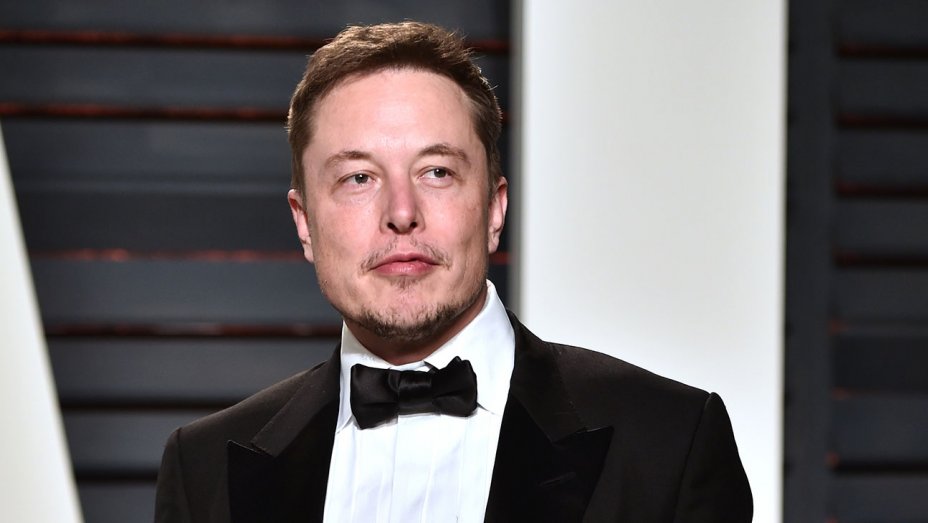
Tesla’s gonzo co-founder went on a podcast, said he’s probably a few months away from announcing a human-computer interface called the Neuralink, and then he got high.
That only barely scratches the surface of all the Elon Musk headlines from this week, let alone some of the news-making items that came out of his appearance Thursday on Joe Rogan’s podcast.
Elon, who’s famously been on the “I’m absolutely terrified” end of the artificial intelligence discussion, said he’ll be announcing “in a few months” a mechanism by which people can effectively merge themselves with computers. It’s a kind of dystopian symbiosis that really just takes what’s already a reality now, the fact that we’re so tied to and connected with our phones, and elevates that to the next level.
“How much smarter are you with a phone or computer or without? You’re vastly smarter, actually,” Musk said during Rogan’s podcast. “You can answer any question pretty much instantly. You can remember flawlessly. Your phone can remember videos (and) pictures perfectly. Your phone is already an extension of you. You’re already a cyborg. Most people don’t realize you’re already a cyborg. It’s just that the data rate, it’s slow, very slow. It’s like a tiny straw of information flow between your biological self and your digital self. We need to make that tiny straw like a giant river, a huge, high-bandwidth interface.”
This is a kind of “if you can’t beat AI, join it” line of thinking, apparently. Elon even goes so far as to say with this kind of neuralink, we could conceivably upload our non-biological selves, including memories and so forth, into a new “unit” of some sort. The “merge scenario with AI,” Elon says, “is the one that seems like probably the best.”
When Elon really ramped up talking about all this last year, The Verge did some reporting that stopped just short of calling this idea — not so much crazytown, but very, very far out.
“Neuroscience researchers say we have very limited understanding about how the neurons in the human brain communicate, and our methods for collecting data on those neurons is rudimentary. Then there’s the idea of people volunteering to have electronics placed inside their heads.” Then again, Elon has an army of fans who hang on his every word, so who knows at this point.


